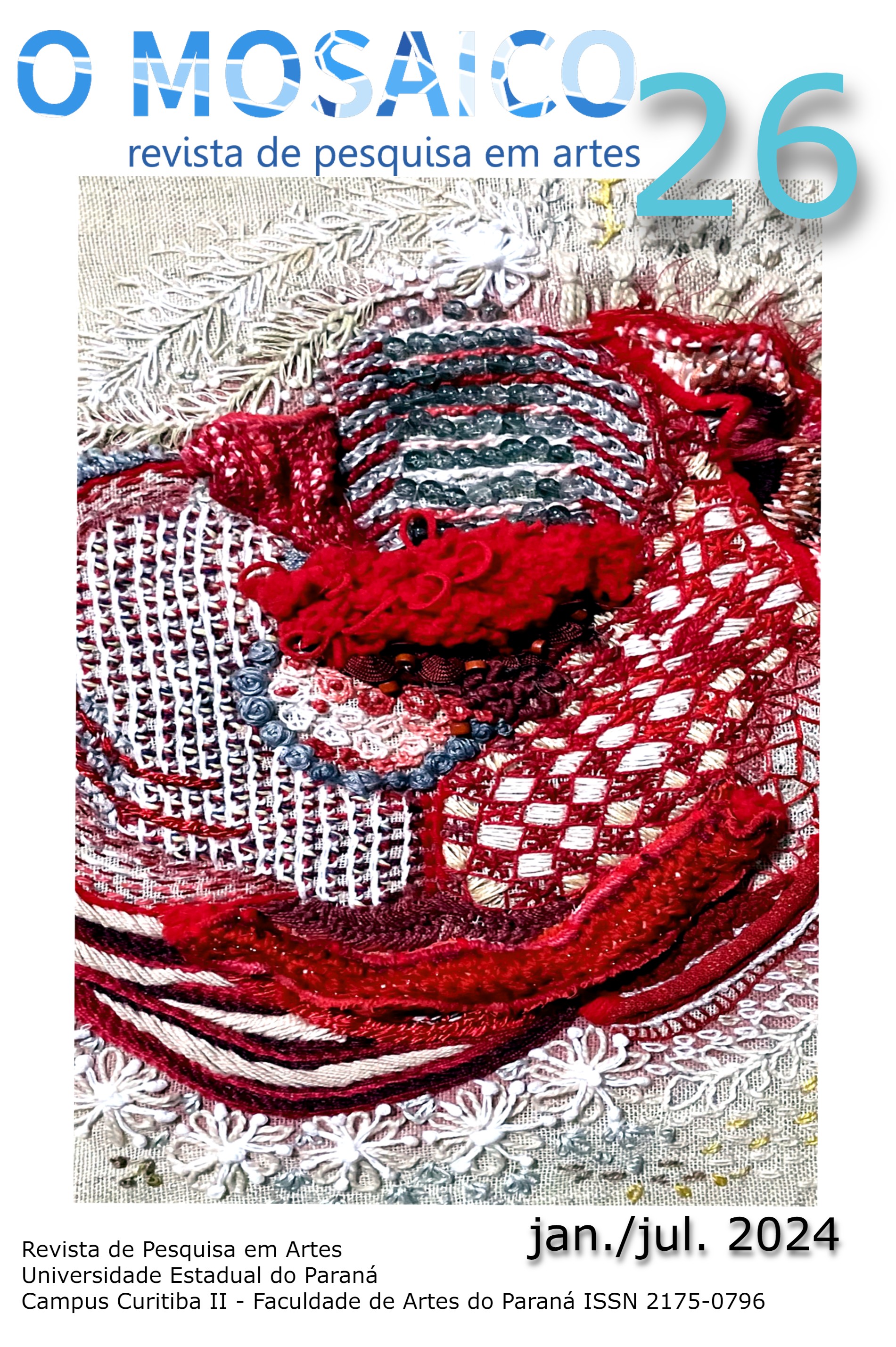Michael Chekhov
from dialogue with Anthroposophy to a theatricality of the Intangible
DOI:
https://doi.org/10.33871/21750769.2024.18.1.7393Keywords:
Imagination; Anthroposophy; Theatricality.Abstract
The present article analyzes how Russian actor, director and theatrical pedagogue Michael Chekhov (1891-1955) developed his theatrical approach to imagination from a dialogue with Anthroposophy, spiritual science founded by Rudolf Steiner at the beginning of the century. Known as the most brilliant disciple of Konstantin Stanislavsky, Michael Chekhov was forced to self-exile in 1928 when he found himself investigated for associations with this important esoteric current, banned in Russia since 1923. For the same reason, his work was censored in his native land until the end of the eighties. The article demonstrates how the anti-materialist and non-determinist perspective of Anthroposophy will compose, in Chekhov, a pedagogy capable of objectively exploring the suprasensible phenomena on the stage. Finally, transposing the reflection about theatrical education and acting training, it aims to demonstrate that this legacy anticipates aspects of a performative and transcendent theatricality, according to notions used by Fischer-Lichte and J. Féral. P, building a view of the theater as a event that shows the intangible.
Downloads
Downloads
Published
How to Cite
Issue
Section
License
Copyright (c) 2024 O Mosaico

This work is licensed under a Creative Commons Attribution-NonCommercial-ShareAlike 4.0 International License.
The authors retain the copyright, when licensing their production in the journal O Mosaico, which is licensed under a Creative Commons license. When submitting the work, and upon acceptance, the author assigns his/her copyright for publication in the journal. Readers can download, print and use the articles published in the journal, as long as there is always an explicit mention to the author (s) and to the O Mosaico, and no changes to the original work are allowed. When submitting an article to the journal O Mosaico and after accepting it for publication, the authors allow, without remuneration, to pass the following rights to the journal: the first edition rights and the authorization for the editorial team to transfer, according to their judgment, this article and its meta data to indexing and reference services.

